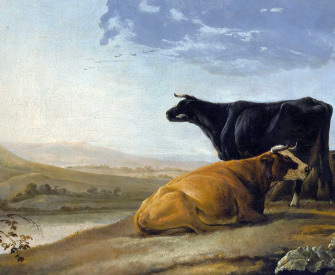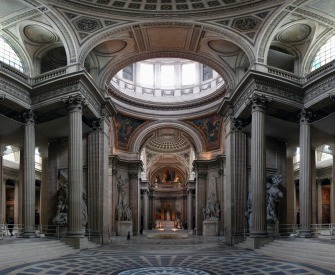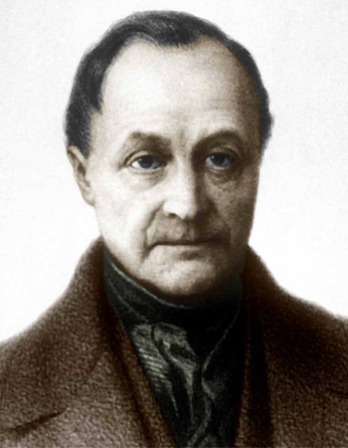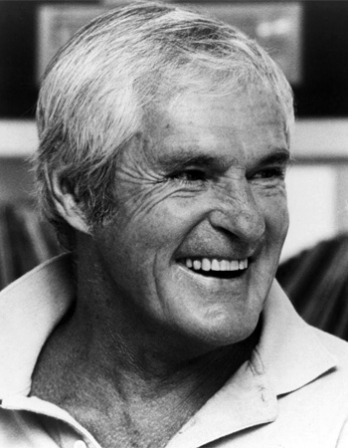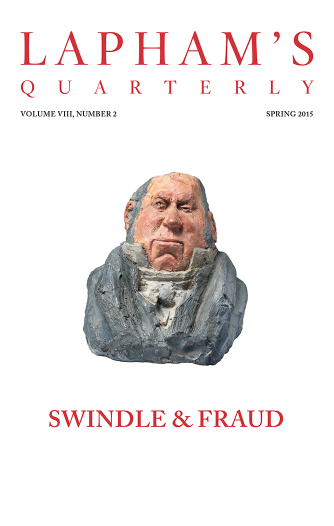A miracle is a violation of the laws of nature; and as a firm and unalterable experience has established these laws, the proof against a miracle, from the very nature of the fact, is as entire as any argument from experience can possibly be imagined.
Why is it more than probable that all men must die; that lead cannot, of itself, remain suspended in the air; that fire consumes wood and is extinguished by water; unless it be that these events are found agreeable to the laws of nature and there is required a violation of these laws, or in other words a miracle, to prevent them? Nothing is esteemed a miracle if it ever happen in the common course of nature.
When anyone tells me that he saw a dead man restored to life, I immediately consider with myself whether it be more probable that this person should either deceive or be deceived or that the fact which he relates should really have happened. I weigh the one miracle against the other; and according to the superiority which I discover, I pronounce my decision and always reject the greater miracle. If the falsehood of his testimony would be more miraculous than the event which he relates, then, and not till then, can he pretend to command my belief or opinion.
From An Enquiry Concerning Human Understanding. Born in Edinburgh in 1711, Hume intended this essay to be a more accessible version of his Treatise on Human Nature, whose tepid reception disappointed him. In an autobiography released after his death in 1776, Hume wrote of his “insurmountable aversion to everything but the pursuits of philosophy and general learning.”
Back to Issue

